Sustainable propulsion systems for passenger and freight vehicles are one of the major challenges in reshaping Switzerland’s energy supply. Among the multitude of technical problems is the development of compact turbo compressors, which play a central role in hydrogen-powered electric trucks, for example. Weiterlesen
New Call for Research Proposals in the area of “Energy Efficiency in Industry”
Energy efficiency is at the core of the transition towards a more resilient and sustainable energy system. It takes innovative solutions to reduce industrial energy consumption to a level where the remaining demand can be supplied from renewable sources.
In response to this challenge, the SFOE research programme on Industrial Processes dedicates one million Swiss Francs to a competitive call for application-oriented research proposals in the area of industrial energy efficiency. Expecting that successful projects will deliver publicly assessable results with the potential to generate significant positive impacts. Weiterlesen




 Noch keine Bewertungen
Noch keine BewertungenWind turbines belong at locations with good wind, that goes without saying. In order for the wind to be converted into a good electricity yield, wind turbine operators must take numerous factors into account. Weiterlesen




 Noch keine Bewertungen
Noch keine BewertungenA tour d’horizon of India’s energy transition and the role of energy storage
India provides unprecedented opportunities to scale solar and wind power, making it one of the forerunners of a world heading towards a sustainable future. However, there is one basic challenge that India must face: the intermittency of renewables. The article by Peter Freudenstein, an energy and climate change policy analyst and a Mercator Fellow, suggests methods that India can adopt to solve its problem. Weiterlesen




 Noch keine Bewertungen
Noch keine BewertungenIt’s time to ACT – innovators from industry and researchers are called to action!
Does your company wish to engage in research and development of CO2 Capture and Storage (CCS) or Carbon Capture, Utilization and Storage (CCUS) technologies?
Do you want to gear up, contribute to Switzerland’s climate-neutrality by 2050, and strengthen Switzerland’s role as a hub of innovation in low and negative emission technologies?
Do you want to undertake pilot and demonstration projects together with European, US-American and Indian partners, as well as innovators from the Canadian province of Alberta? Weiterlesen




 1 Vote(s), Durchschnitt: 5,00
1 Vote(s), Durchschnitt: 5,00India is the second largest energy consumer in the world. Over the last five years, the country has made considerable progress towards achieving universal access to modern energy, including clean fuel for cooking and electricity, affordable and secure energy for its citizens. Weiterlesen




 Noch keine Bewertungen
Noch keine BewertungenEstablished organizations and tech scaleups are shaping the future
Science and engineering driven technologies have the potential to transform humanity’s biggest challenges into solvable problems. Kickstart Innovation bridges the gap between scaleups and Swiss corporations, cities, universities and other organisations to accelerate deep tech innovation and to create an overlaying innovation ecosystem. Weiterlesen




 2 Vote(s), Durchschnitt: 5,00
2 Vote(s), Durchschnitt: 5,00General overview
China is both the world’s biggest clean energy investor and the world’s largest CO2 emitter. It is on track to becoming the world’s renewable energy superpower: China is the world’s largest producer, exporter and installer of solar panels, wind turbines, batteries and electric vehicles.
Even though renewable energy investments declined from $122 billion in 2017 to $86 billion in 2018, China still has by far the largest capacity. It also has a clear lead in terms of the underlying technology, with well over 150,000 renewable energy patents as of 2016, 29% of the global total. The next closest country is the U.S., which had a little over 100,000 patents, with Japan and the E.U. having close to 75,000 patents each.
The share of non-fossil fuels in China’s total electricity mix is on course to hit 32-34% in 2020. With increasing demand, China added about 40 GW of solar and 40 GW of coal in 2019. There is a lot of room for renewable energy, since coal’s share in China’s primary energy mix was still 58% in 2018 and electricity demand keeps growing. Weiterlesen




 4 Vote(s), Durchschnitt: 4,75
4 Vote(s), Durchschnitt: 4,75The Swiss initiative on Hydropower at IRENA Assembly – a success story
The Ministerial Plenary Session on Hydropower, held at the 10th General Assembly (GA) of the International Renewable Energy Agency (IRENA) on 12 January 2020, was a key success for the Swiss delegation. Switzerland, together with the International Hydropower Association (IHA), the World Bank, Norway and other IRENA member countries, co-organized the Ministerial Plenary Session. It built on the first ever IRENA Hydropower Event, which was initiated by Switzerland and took place at the 9th GA in January 2019. Weiterlesen




 3 Vote(s), Durchschnitt: 5,00
3 Vote(s), Durchschnitt: 5,00In Switzerland, there are three regions under discussion for the construction of deep geological repositories for radioactive waste: Jura Ost (AG), Nördlich Lägern (AG, ZH) and Zurich Nordost (TG, ZH). The places where the repositories will be built in the end should, according to current opinion, remain recognizable over a very long period of time and knowledge about the deep geological repositories should be passed on over thousands of generations. Weiterlesen




 Noch keine Bewertungen
Noch keine BewertungenKontakt
Bundesamt für Energie
Pulverstrasse 13
3063 Ittigen
Postadresse:
Bundesamt für Energie
3003 Bern
Telefonnummern:
Hauszentrale +41 58 462 56 11
Pressestelle +41 58 460 81 52
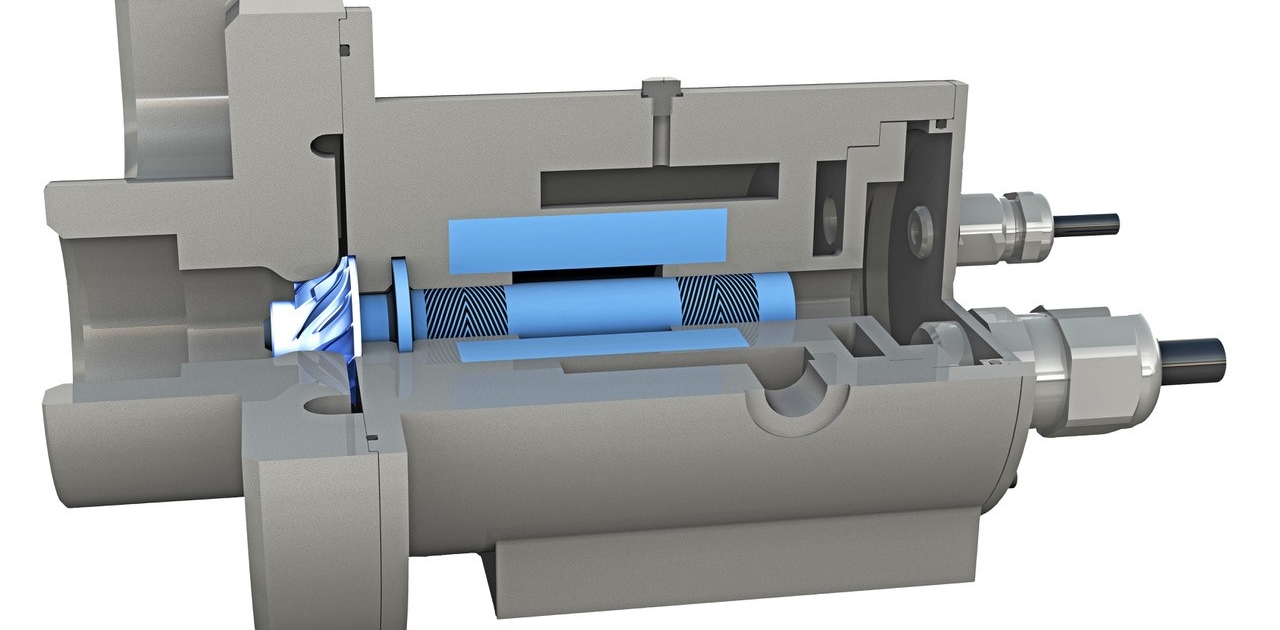 Celeroton
Celeroton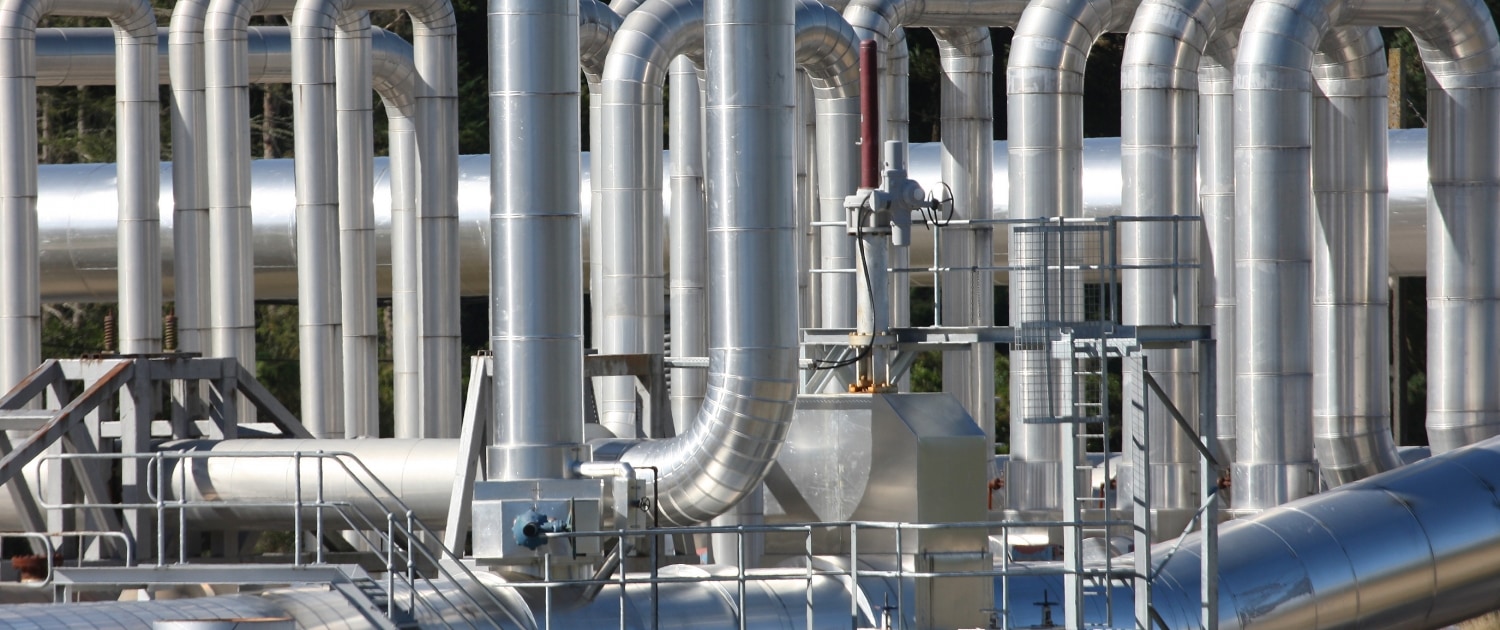 BFE
BFE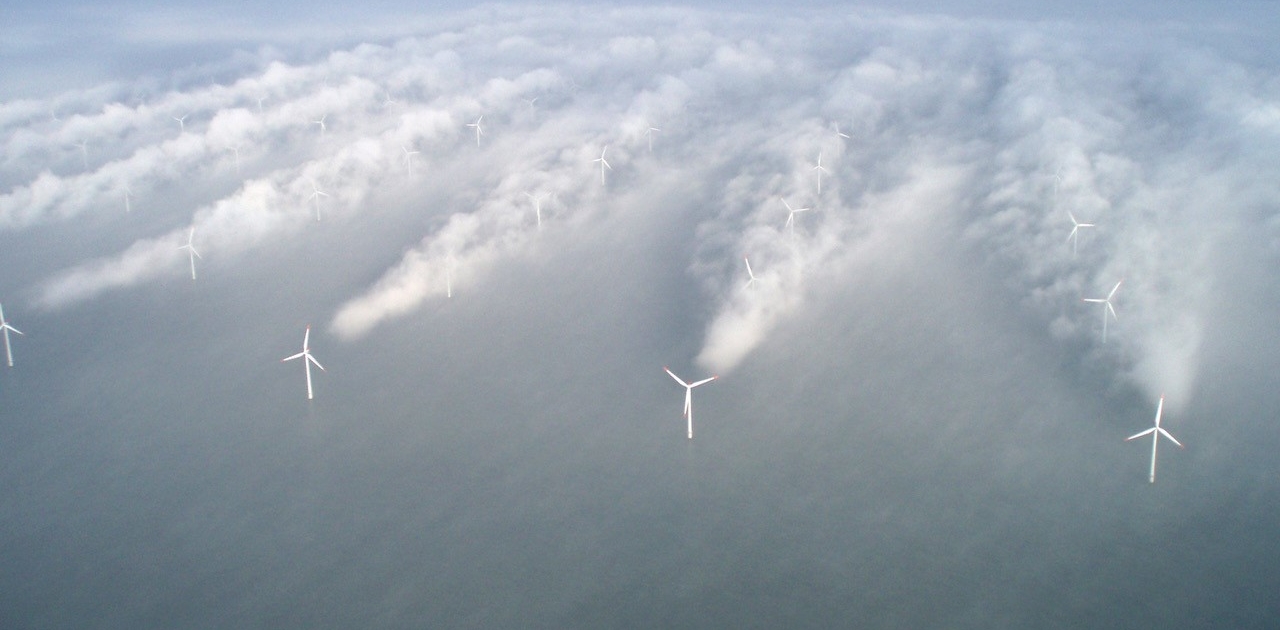 Vattenfall/Christian Steiness
Vattenfall/Christian Steiness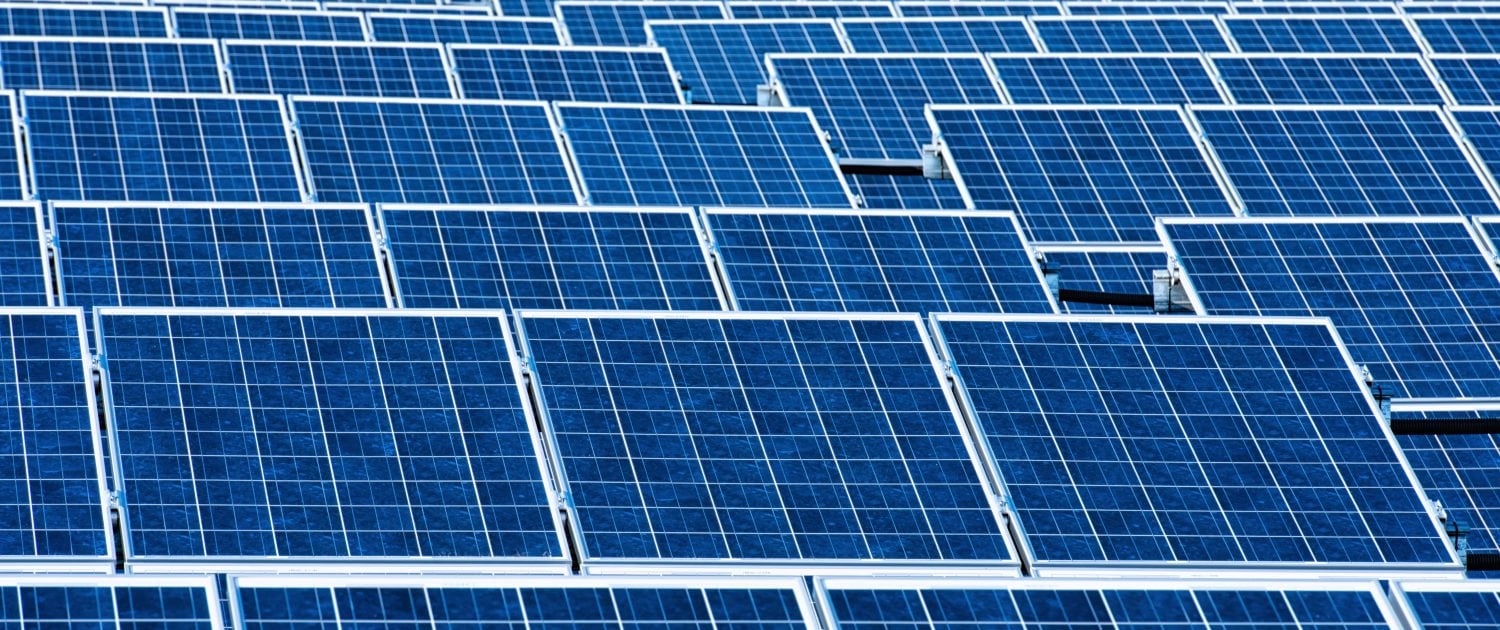 Shutterstock
Shutterstock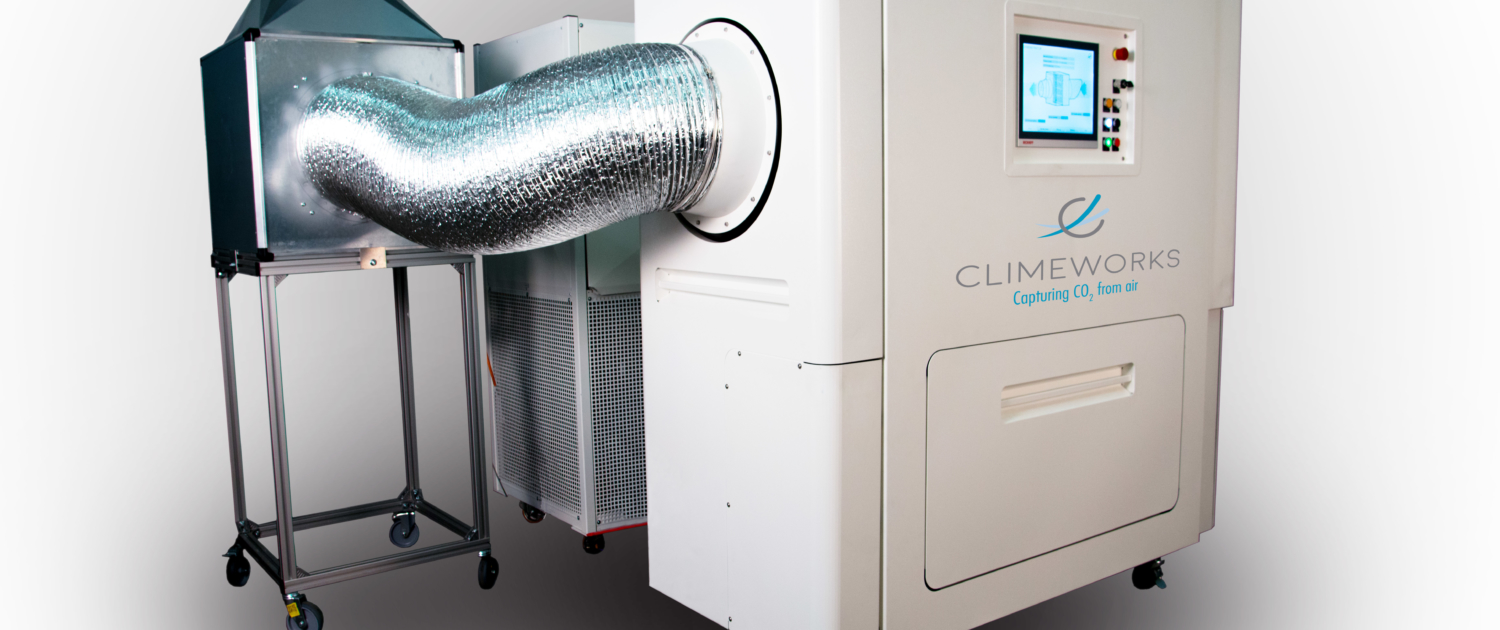 climeworks AG
climeworks AG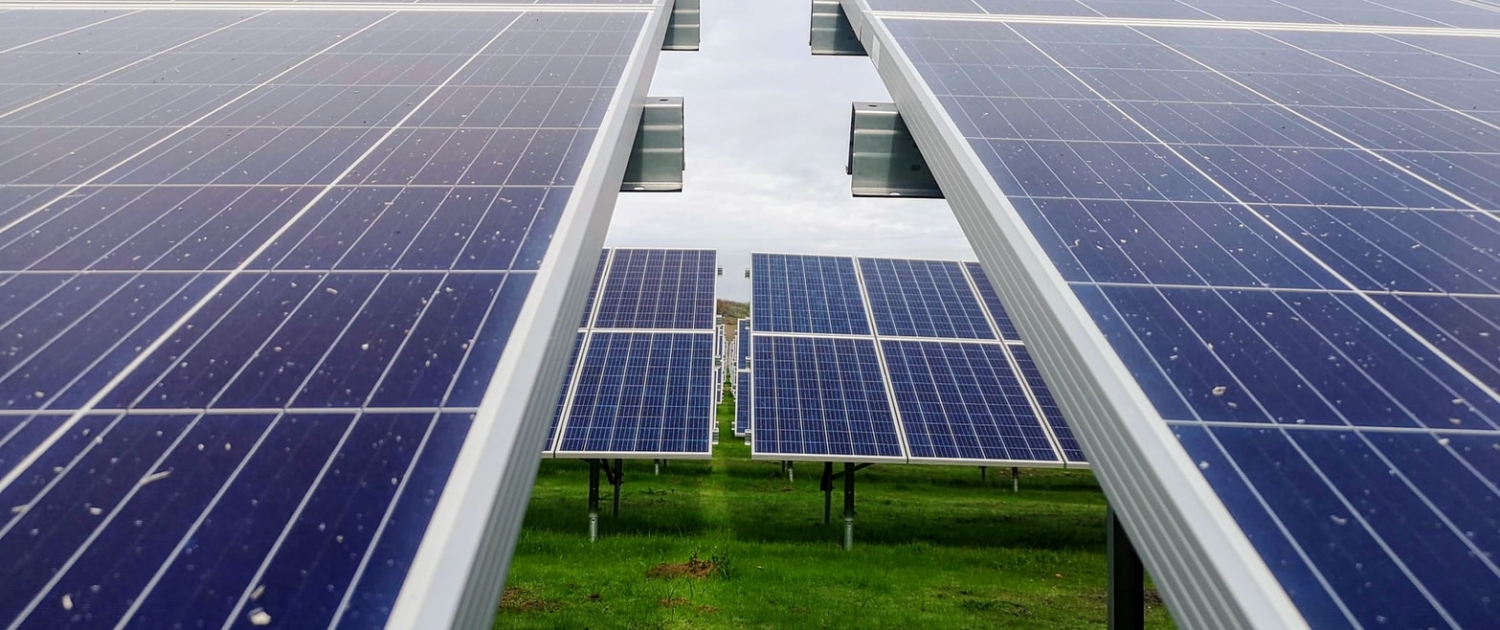 Mariana Proença / Unsplash
Mariana Proença / Unsplash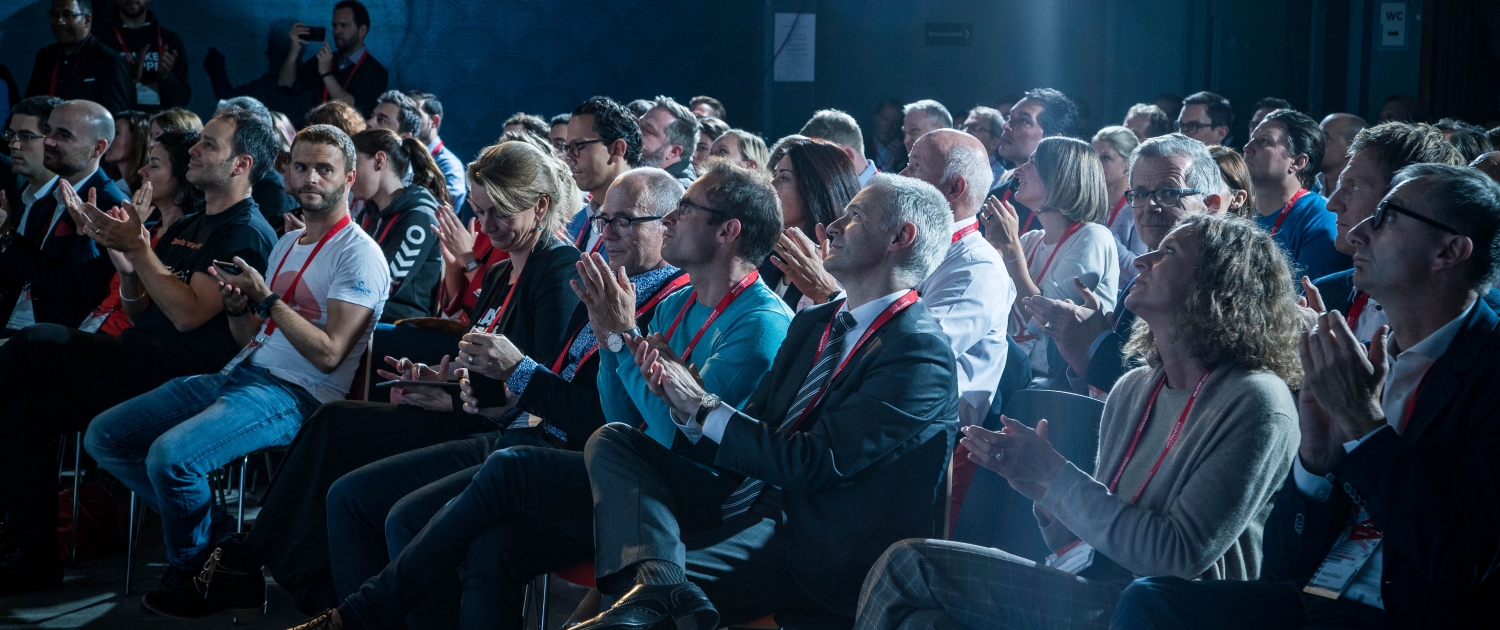
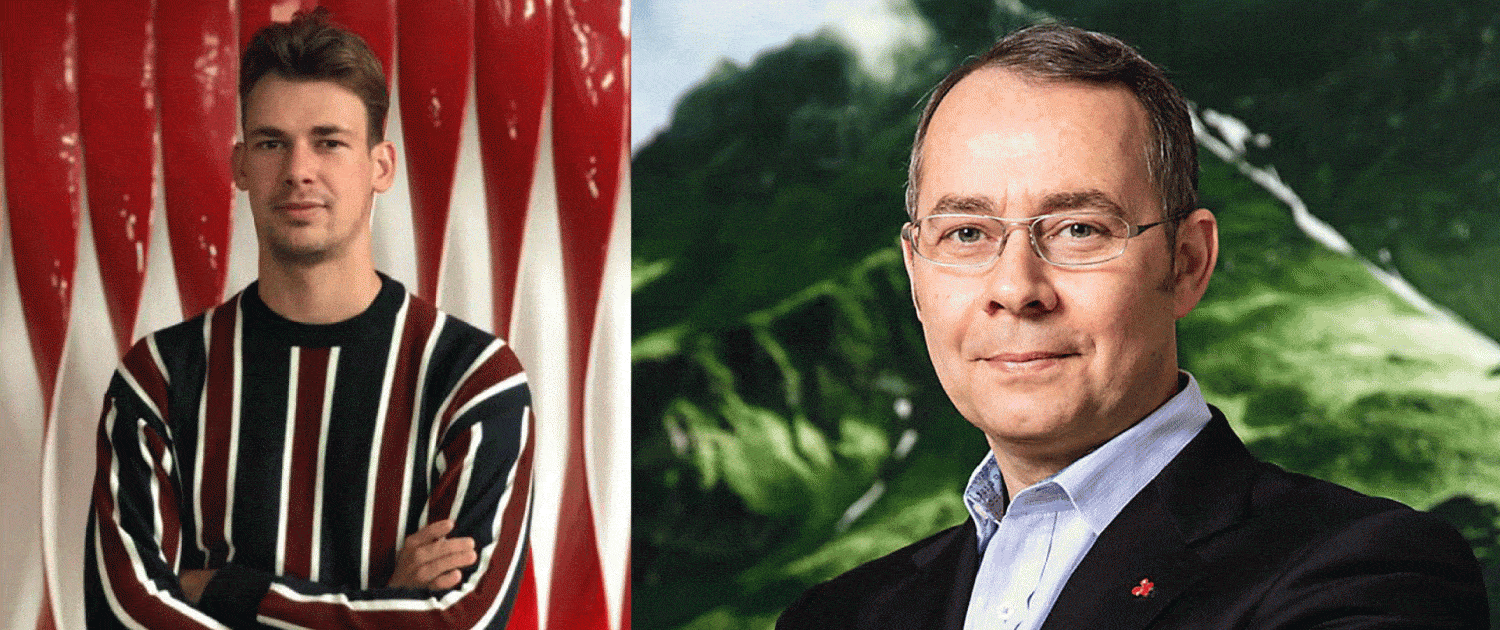 Swissnex China
Swissnex China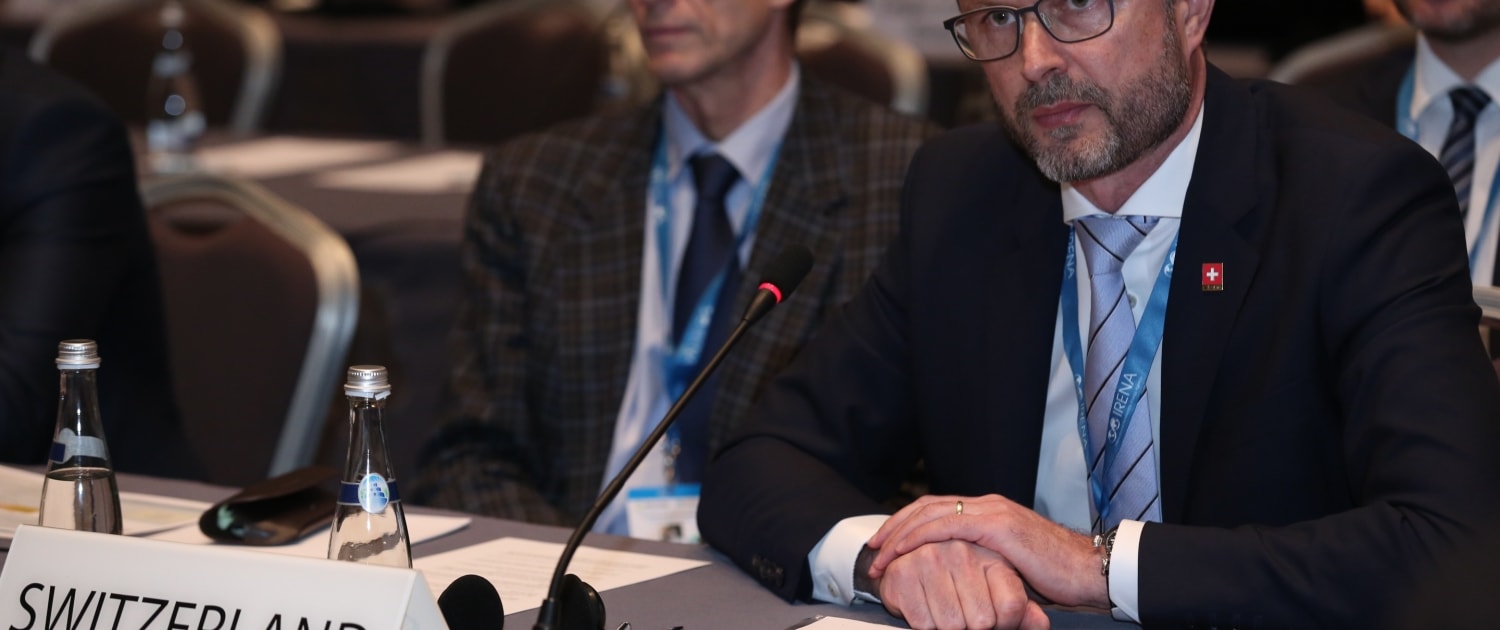 IRENA
IRENA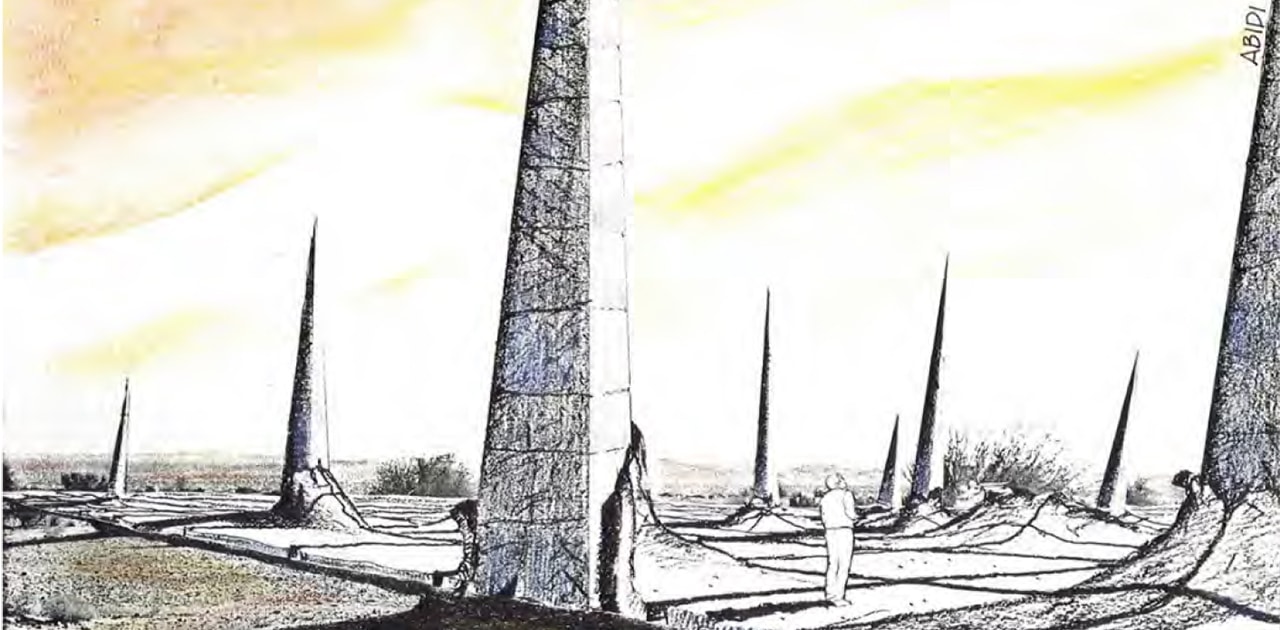 Dokumentation RK&M-Symposium
Dokumentation RK&M-Symposium